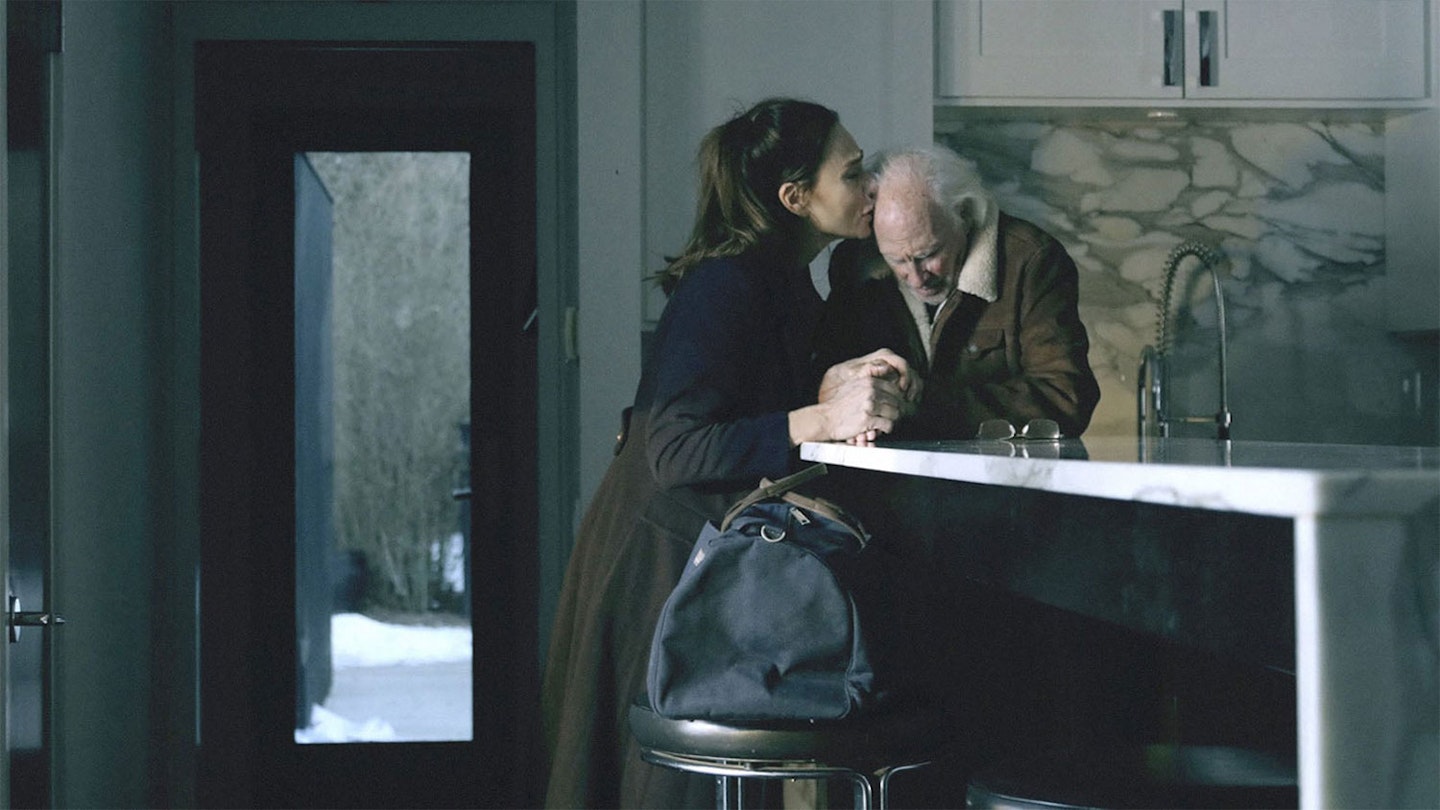“I create art, she creates the rest of our lives,” Bruce Dern’s egotistical celebrity painter Richard quips fondly as Lena Olin’s Claire nuzzles into his arm. It’s a soapy yet loaded sentiment in The Artist’s Wife’s opening scene that pushes the film’s agenda straight into the spotlight: behind every successful man is not only a woman, but a compromising one. What ensues is a predictable yet compassionate drama about the gendered imbalance between artistic couples, laced with a study of dementia inspired by the experiences of filmmaker Tom Dolby’s own parents.
Though the subject is tenderly examined, the characters themselves are too familiar to be complex
The director binds his film to Olin, whose charm and naturally caring temperament are permeated by raw loneliness even when surrounded by people. Claire initially chooses to deny Richard’s condition, confirming her lack of confidence in leaving her position as deputy. Not only do his symptoms escalate rapidly but also his lofty and dismissive nature as well. While Claire acts as the balm for the hurt he causes, swelling signs of guilt emerge as she regains her stride as both an artist and desirable company.
The troubled and often traumatic female experience in a creative couple has been explored in ways more distinctive and impactful than this, from Glenn Close’s enigmatic lead in The Wife to the exhausting and toxic Hollywood relationship in Malcolm & Marie. Though the subject is tenderly examined, the characters themselves are too familiar to be complex. Claire’s development has all the trappings of an Eat Pray Love-type drama, while Richard is boxed into the role of the lauded male artist: harsh and outspoken but saved by his legacy. Fortunately, the dynamic combination of both performers as they grapple with their metamorphosing marriage elevates the film beyond its formulaic storytelling. Paired with Dolby’s empathetic framing of the disease and their relationship, this is an engaging if not particularly memorable study of sacrifice and self-discovery.
